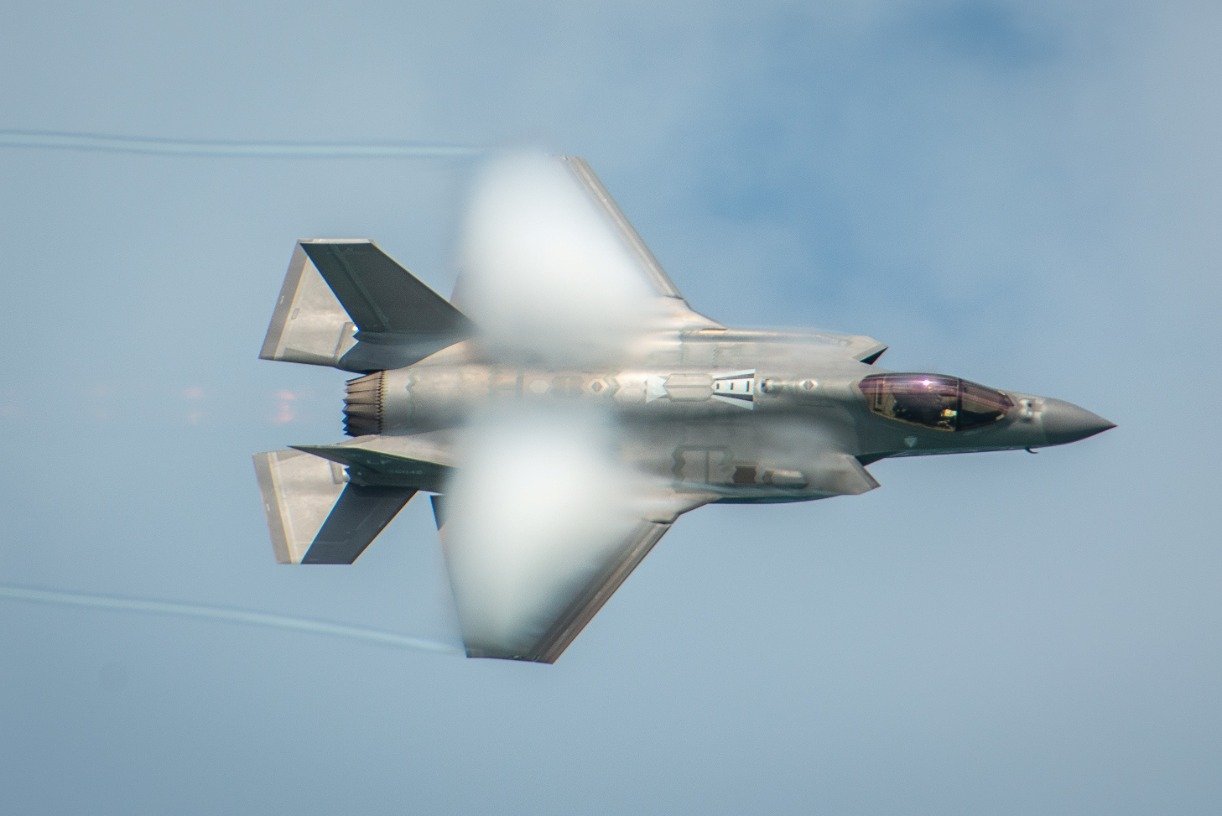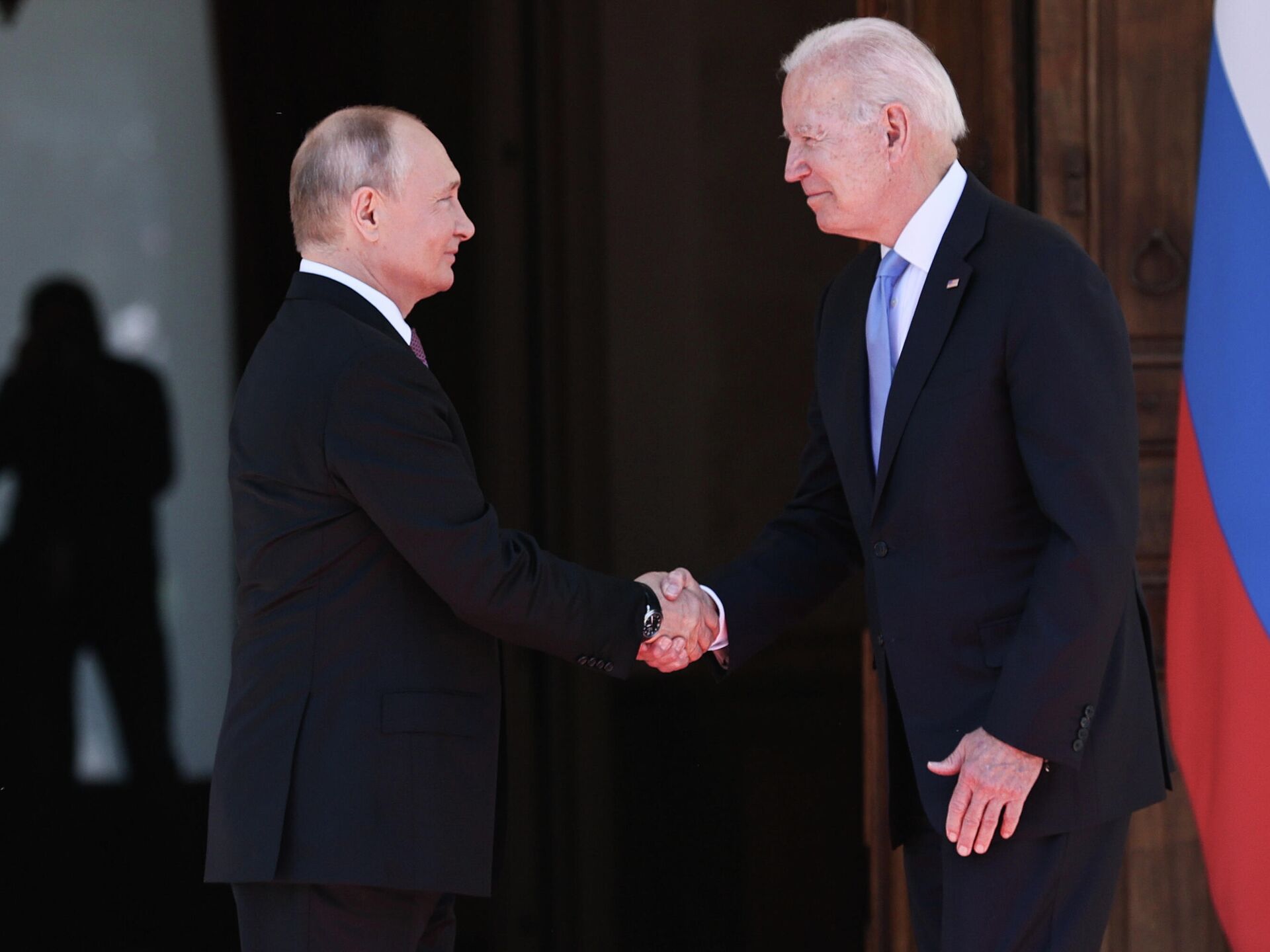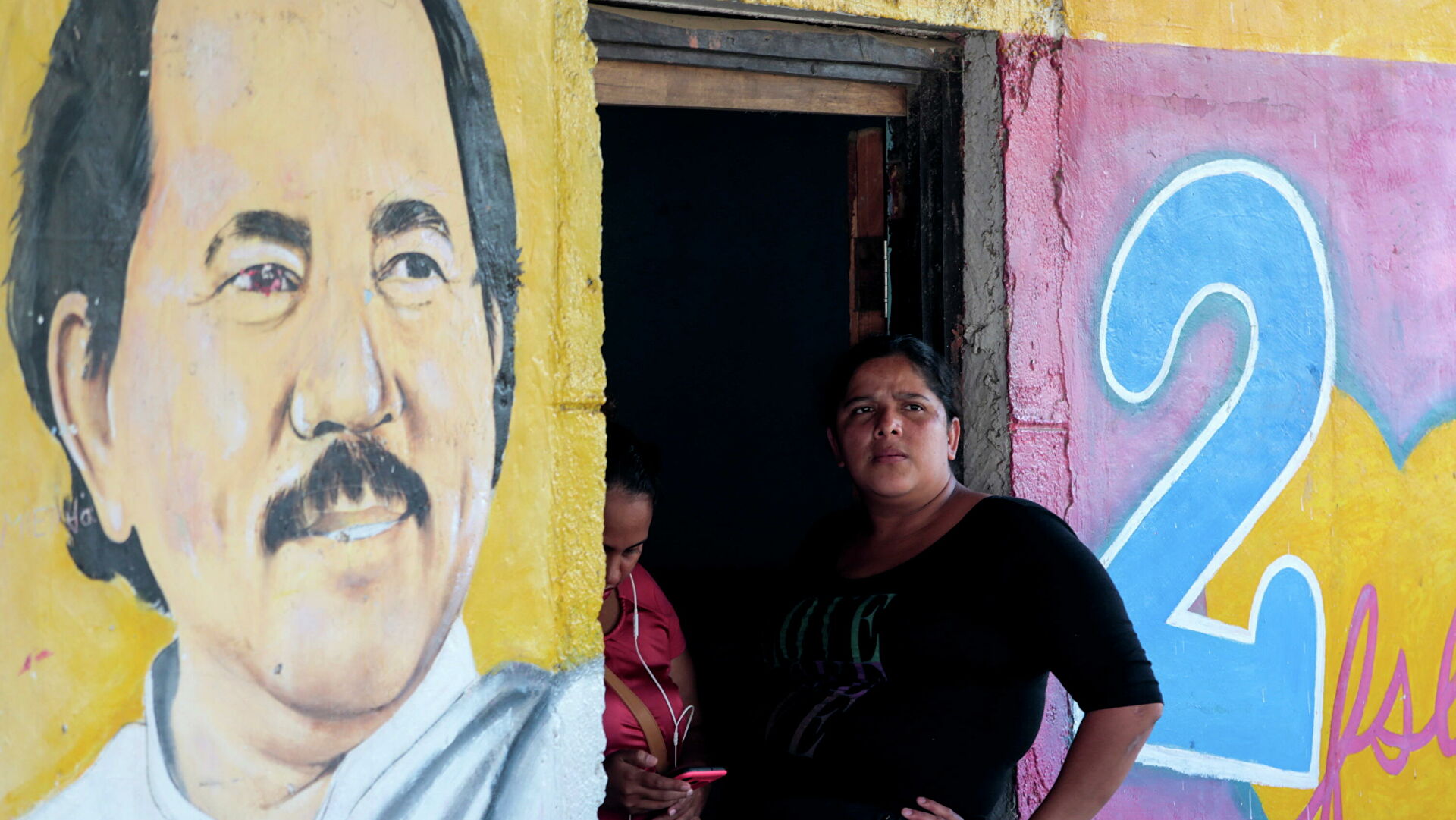The meetings within the Normandy Format with exclusion of the United States and the UK are largely described as frank, cordial, complex, but not lacking determination. The talks in February 2015 set what is widely considered as a diplomatic Marathon record with talks lasting some 17 hours.
Even though Ukrainian President Petro Poroshenko used his speech at the 70th Session of the UN General Assembly to repeat rhetoric about Ukraine being the victim of Russian military aggression, the Normandy Four talks are generally marked by hopes, optimism, and not least a great deal of Realpolitik that has defused the situation in Ukraine as well as European – Russian and Ukrainian – Russian tensions.
Problems that need to be addressed are largely related to difficulties with the implementation of theMinsk II Accords. The spokesperson for the Russian Presidency, Dmitry Peskov told the press that:
"Along with the agreements that give grounds for definite optimism, we’re still stating a certain stalemate in the implementation of the Minsk accords. … There’s only one thing we expect, namely, that some kind of progress in terms of implementation of the Minsk accords will be made,” he said answering a question on what Moscow expected from Friday’s meeting in Paris. … Along with the agreements that give grounds for definite optimism, we’re still stating a certain stalemate in the implementation of the Minsk accords. … There’s a hope that we’ll manage somehow to assure proper action under the Minsk accords, which don’t allow of misinterpretations or dual reading, as President Putin said today.”
Points of contention are the fact that the special status for the self-proclaimed Donetsk People’s Republic(DPR) and Lughansk People’s Republic (LPR) have not been implemented by Kiev.
Kiev, for its part, stresses that Kiev still has not gotten full and unimpeded access to the Ukrainian – Russian border. The latter issue is marked by deep mistrust between Kiev, Donetsk and Lughansk and requires the continuation of the de-escalation of the conflict and not least confidence-building measures, reconciliation, and courage to unambiguous commitments to the Minsk II Accords.
Thus far, Ukraine has not yet adopted legislation that grants a special status to the two rebelling republics, leading to mistrust and unwillingness to grant border troops under the command of Kiev access to border areas controlled by the DPR and LPR.
A spokesperson for the French Presidency stated that the much of the outcome of the talks in Paris depends on the position of President Petro Poroshenko who is under considerable pressure from members of Ukraine’s Parliament, including Arseny Yatzenyuk and Oleg Tyahnbok as well as from Ukraine’s Pravy Sector.
Ahead of the summit the DPR Envoy to the Minsk Talks, Denis Pushilin, noted that:
"We hope there will be a conceptual change in Ukraine’s approaches when implementing the Minsk agreements. Indeed, a lot depends on this meeting … "It is much more difficult to solve political and economic issues than the security ones. You saw how much time it took to sign an absolutely simple document on withdrawing weapons with the caliber under 100mm,”
One of the most positive outcomes of the peace talks within the framework of the Normandy Four format is that the incidents of armed clashes has been reduced significantly and that the volatile ceasefire is largely holding.
CH/L – nsnbc 02.10.2015



_jpg/250px-ElbeDay1945_(NARA_ww2-121).jpg)









